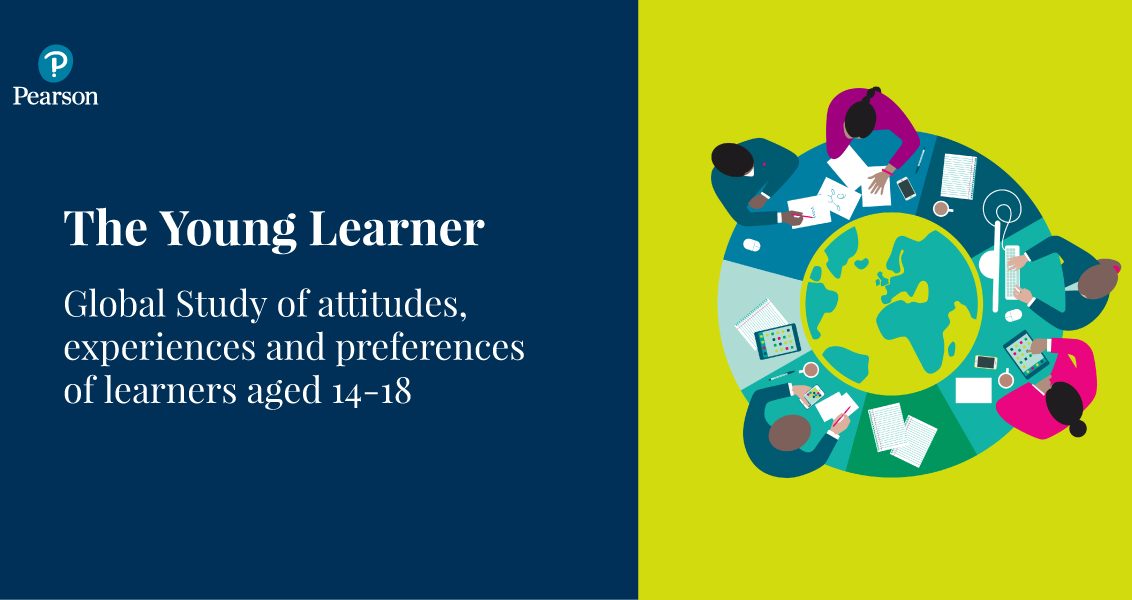
Featured Latest news and discussions in International Schools Over the past few years, public interest has shifted from Millennials to the younger kids on the block: GenZ. What makes this generation so intriguing is the fact that they have never known a world without the internet – born into a digitally connected world through social media networks and mobile systems, many have argued that with these young people, generational shifts have come to play a far more important role in setting behaviours and attitudes than cultural ones.
If this is true, the defining characteristics of this generation when it comes to learning should be similar right? We dug into our global learner research* to find out. Drilling into data on 14-18 year olds across the UK, USA, Canada, Australia, China, India, Brazil, South Africa and UAE, we found that in some ways GenZ are similar the world over. Yet there are clear differences too.
Here are some of our findings.
The similarities
- As a digital generation, young learners across all countries are using a range of digital learning tools in their learning. For this cohort, technology has always been a fully integrated experience in every part of their lives. And they don’t expect education to be any different.
- What we also know about 14-18 year olds the world over is that even though they like tech in the classroom, they still like having teachers too. They are not at the stage where they want courses to be completely self-directed. The teacher remains the key educational influencer in their lives. This is consistent across all countries.
- Also consistent is the role they assign to teachers in making school life an enjoyable experience for them. Learners across all countries put ‘boring teachers’ as the main reason for disliking school.
The differences
- American teens share with their peers in China, India, Brazil, UAE and South Africa a strong sense of ambition – across these countries around three-quarters expressed the desire “I want to make it to the top one day”. In the UK and Australia, just over half feel this way.
- Young learners in China, India, Brazil, UAE and South Africa place a much higher value on education and on its role in their future career success. For example, 87% of 14-18 year olds in China, compared to 56% in Australia believe doing well in school is important to getting a good job.
- Going to university is still very much seen as a rite of passage for young learners in India, the UAE and China; three quarters or more say they’ll be going onto university. This contrasts to around a third of British and 4 in 10 Canadian, American and Australian young learners expressing intent to go onto university.
- Young people in the UK, USA, Canada and Australia have a strong sense of personal achievement – but these are not linked so strongly with their schooling. In fact, many feel their education at school isn’t adequately preparing them with life skills and they are also more likely to consider alternatives to going to University. In the UK, for example, a fifth plan to get a job whilst another fifth plan on enrolling on a vocational course.
The findings of our research support the need to understand both generation-based values as well as cultural values in designing products and marketing strategies targeting GenZ across countries, whatever business you’re in – from education to breakfast cereals!
We’d love to hear your thoughts on this topic. Do you think online connectivity is leading to greater homogenisation in the values young people across the world hold or do local and national culture still have a profound influence on shaping attitudes and behaviours?
About the author
Dr Parves Khan joined Pearson’s Global Research & Insight team as Research Director in 2018 following 20 years of experience in delivering insight-driven market research across the education, travel and finance sectors. The Global Research & Insight team carry out a range of research activities to support strategic decision-making, product design, marketing and thought leadership.
* In 2018, Pearson’s Global Research & Insight Team conducted research across a number of markets to create a foundational understanding of lifelong learners. This involved an online survey of 14 to 70 year olds across the UK, USA, Canada, Australia, China, India, South Africa, Brazil and UAE with over 13,000 respondents.

